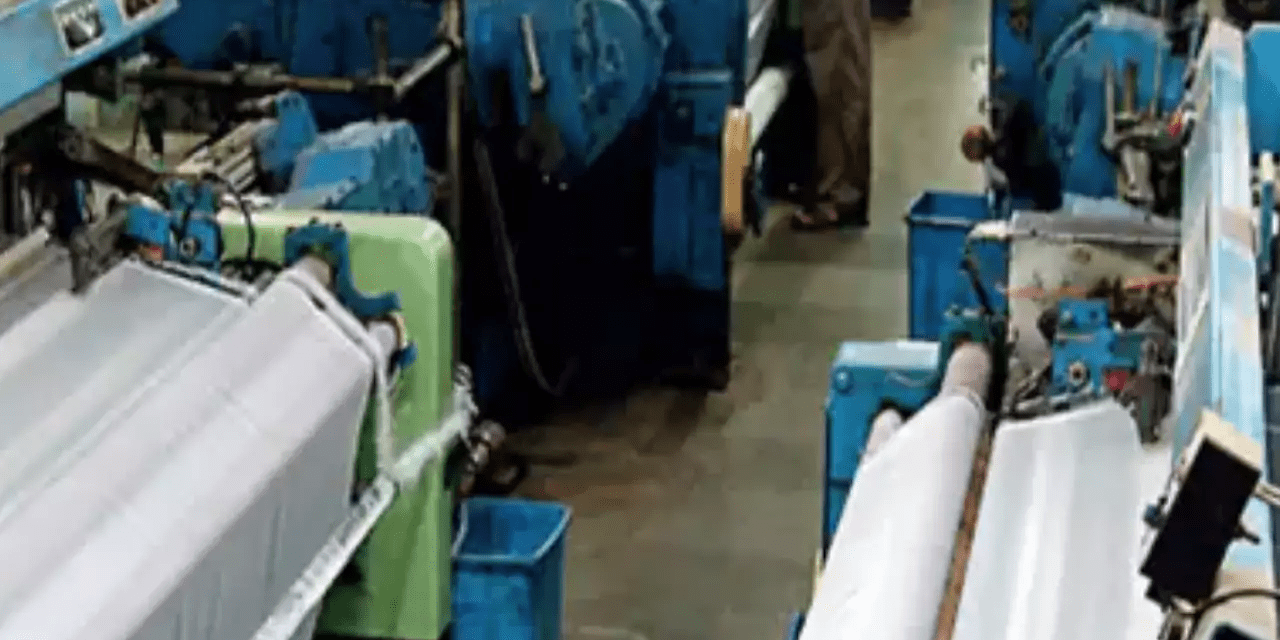The nation’s largest cotton textile production hub, the Narol textile cluster in Ahmedabad, plans to improve its Common Effluent Treatment Plant (CETP).
The CETP will increase its existing capacity of 100MLD (million litres per day) to 130MLD. About 120 member units of the Narol Textile Infrastructure and Enviro Management (NTIEM) would collectively fund this expansion project, which is expected to cost between Rs 75 and Rs 80 crore.
The Narol CETP began operations in 2017, and the NTIEM is in charge of managing them. The CETP holds a CCA for 100MLD, compared to the individual units inside the cluster, which each have a CCA for a total of 23MLD. Additionally, the CETP has been granted permission to build with a 130MLD capacity (CTE). creating a path for the anticipated update.
The Gujarat Pollution Control Board’s (GPCB) laws are meticulously followed by our CETP, and our COD levels are much lower than the allowed discharge limits. The CETP has significantly improved its performance over the previous two and a half years. Although there are still issues with low demand, our members are ready to increase the CETP’s capacity. We’re getting ready to start this upgrade project, according to an NTIEM spokesman.
According to sources, NTIEM members recently gave their consent to the CETP upgrade proposal. “We plan to raise the CETP’s capacity from its current level of 100 MLD to somewhere around 130MLD. Given the state of the market, the full capacity might not be fully utilised, but we feel that this improvement will allow us to meet superior effluent discharge standards,” added another NTIEM source.
Narol houses approximately 120 companies with a combined processing capacity of around 2.50 crore metres per day. However, the industry faces challenges due to weak demand and fluctuating cotton prices. A senior NTIEM member expressed optimism, stating, “Despite these challenges, India is poised to receive increased export orders in the upcoming years, and companies are committed to ensuring their environmental compliance. The total cost of CETP upgradation is projected to be around Rs 75-80 crore, with member units making significant contributions. During our meeting, we also deliberated on the allocation of the additional 30% capacity.”

